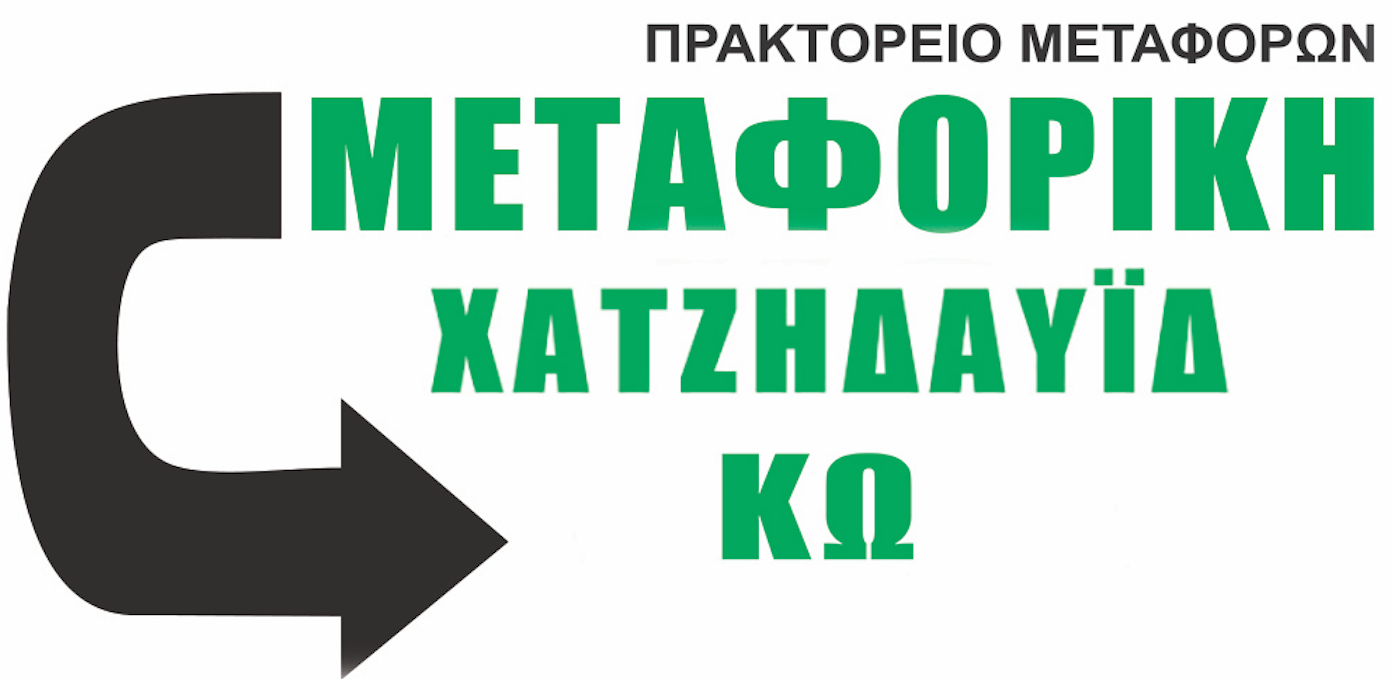Diachronic semantic improvement in vocabulary is actually limited because of the exactly how people fool around with and you will see language
While it has long been understood that the human mind evolved to learn language, recent studies have begun to ask the inverted question: How has language evolved under the cognitive constraints of its users and become more learnable over time? In this paper, we explored how the semantic change of English words is shaped by the way humans acquire and process language. In Study 1, we quantified the extent of semantic change over the past 200 years and found that meaning change is more likely for words that are acquired later in life and are more difficult to process. We argue that it is human cognition that constrains the semantic evolution of words, rather than the other way around, because historical meanings of words were not easily accessible to people living today, and therefore could not have directly influenced how they learn and process language. In Study 2, we went further to show that semantic change, while bringing the benefit of meeting communicative needs, is cognitively costly for those who were born early enough to experience the change: Semantic change between 1970 and 2000 hindered processing speeds among middle-aged adults (ages 45–55) but not in younger adults (ages <25)>
Introduction
Languages face the challenge regarding saying a boundless listing of ideas using a restricted band of terminology (Chomsky, 1957). While one method to see so it difficulties will be to would this new terminology to share unique definitions, a far more popular strategy is to assign brand new significance in order to current words (Ramiro ainsi que al., 2018). (περισσότερα…)
